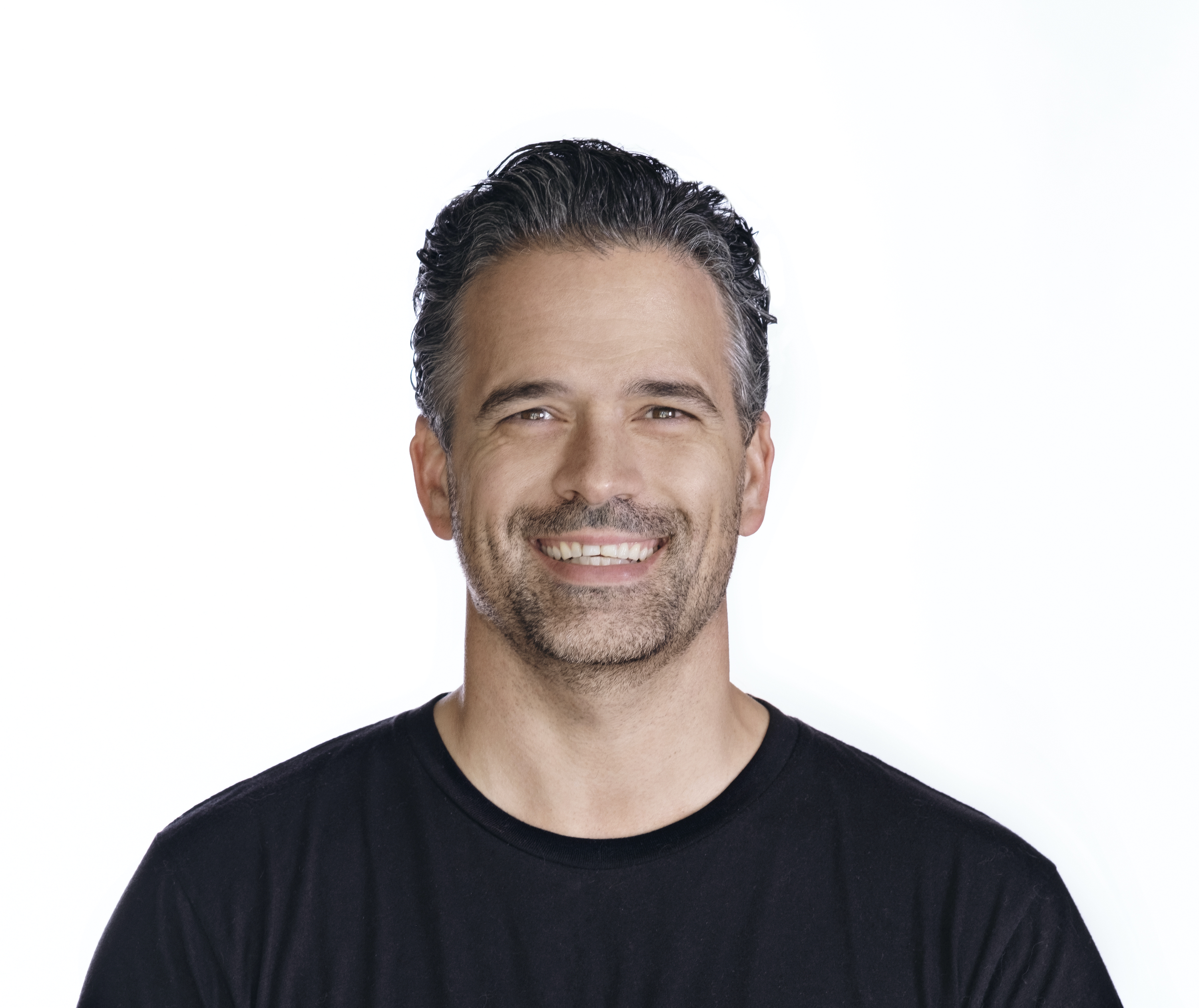The Good, the True, and the Beautiful: Rediscovering the Transcendentals in Everyday Life

Jesse Wisnewski


Professional Development
We chase what works. We debate what's true. But rarely do we pause and ask: is it beautiful?
In our productivity-driven culture, beauty often feels like an afterthought. It doesn't seem useful. It doesn’t generate metrics. It doesn't move the needle.
But something gets lost when we forget beauty. We begin to live half-hearted lives—rooted in truth, perhaps, or in doing good—but lacking awe.
Christians have a name for the ideals that make up a life worth living: the transcendentals. These are the good, the true, and the beautiful.
Today, we need to recover them all.
To help guide our thinking, here’s where we’re headed:
- What Are the Transcendentals?
- God Is the Source
- Where We Went Wrong
- Why the Transcendentals Still Matter
- How to Pursue the Transcendentals Today
- A Call to Wholehearted Living
With this framework in mind, let’s step into each section and see how the good, the true, and the beautiful can be recovered in our daily lives.
What Are the Transcendentals?
The transcendentals are timeless ideals. Rooted in the nature of God, they describe what is ultimately desirable and worth pursuing.
The good reflects God’s moral nature. The true reflects His knowledge and wisdom. The beautiful reflects His glory and holiness.
Christians didn’t invent this language. Philosophers in the ancient world already noticed that truth, goodness, and beauty seemed woven into reality itself. Plato linked beauty with the soul’s longing for the eternal. Aristotle argued that goodness was bound up with the purpose of things.
The church fathers took this further. Augustine saw beauty, truth, and goodness as ultimately fulfilled in God, not in earthly shadows. In the Middle Ages, Thomas Aquinas developed this into a full theology: whatever is true, good, or beautiful participates in God’s own being.
During the Reformation, the transcendentals were never denied, but emphasis shifted. Truth and goodness received heavy focus—sound doctrine and moral living—while beauty often fell into the background, sometimes for fear of idolatry. Yet voices across the centuries have reminded us that all three belong together.
These aren’t disconnected ideas. They belong together. A life shaped only by truth can become cold. One driven only by goodness can become rigid. And beauty alone, without goodness or truth, can become shallow. And since God does not separate them, neither should we.
God Is the Source
Why do the transcendentals matter? Because they reflect who God is.
The Westminster Confession tells us that God is "most holy, most wise, most free, most absolute" (WCF 2.1). His character is the definition of goodness (Mark 10:18), truth (John 14:6), and beauty (Psalm 27:4).
These aren’t just divine traits. They are standards. What is good? What is true? What is beautiful? The answer begins with God.
When we pursue these transcendentals, we draw nearer to Him. And that pursuit isn’t abstract. In the next section, we’ll look at how to recover them in everyday life.
Where We Went Wrong
R.C. Sproul once observed that many churches emphasize truth or goodness but overlook beauty.
Some traditions focus on moral behavior. Others emphasize sound doctrine. But both can forget that Scripture calls us to worship God "in the beauty of holiness" (1 Chron. 16:29).
Historically, beauty in worship was central. Christian art, music, and architecture aimed to stir affections for God. But during the Reformation, concerns about idolatry and distraction led some branches of the church to remove visual elements. The motive was pure: to recover truth and purity.
Yet in this reaction, beauty was often pushed aside.
We still feel the effects today. Many Christians aren't sure what to do with beauty. Some view it as decorative or even dangerous. But Scripture doesn’t treat beauty as optional.
It treats it as divine.
Why the Transcendentals Still Matter
Truth, goodness, and beauty were never meant to be separated. They rise and fall together. When one is ignored, the others are weakened.
Truth matters because it anchors us in reality.
Lies can be persuasive. Half-truths can be attractive. But they are unstable foundations. A community built on falsehood will eventually collapse. That’s why Scripture calls us to “buy the truth, and do not sell it” (Prov. 23:23).
In our time, truth shows up when a journalist exposes corruption, when a doctor explains evidence clearly, or when a leader admits fault instead of covering it up. These acts of honesty may not be flashy, but they build trust and protect what is real.
Goodness matters because it directs how we live.
Even if you believe the right things, if your life is marked by cruelty, selfishness, or apathy, you are not reflecting God’s character. “The fruit of the Spirit is love, joy, peace, patience, kindness, goodness, faithfulness, gentleness, self-control” (Gal. 5:22–23).
Today, you see goodness in a teacher who stays late to help a struggling student, a neighbor who cooks for a family in crisis, or a business owner who pays fair wages when no one is watching. These acts may not make headlines, but they reflect the moral shape of God’s world.
Beauty matters because it awakens desire.
It stirs our affections and points us beyond ourselves. Without beauty, truth can feel cold and goodness can feel heavy. Beauty gives them warmth and joy. It reminds us that God’s commands are not only right but lovely. As Psalm 19 says, God’s Word is “sweeter than honey” and “more to be desired than gold.”
You experience this when you hear a symphony by John Williams, watch a film like A Hidden Life that portrays courage with quiet dignity, or walk into a space of thoughtful design like a light-filled library. Beauty reminds us we were made for more than utility.
Each transcendental depends on the others. A lie may sound beautiful, but it cannot last. An evil act may be presented attractively, but it cannot be good. And truth without love can feel harsh, while goodness without joy can become rigid.
When the good, the true, and the beautiful come together, we catch a glimpse of God Himself. For He is truth without error, goodness without flaw, and beauty without blemish. To pursue all three is to live more fully in His presence.
How to Pursue the Transcendentals Today
Pursuing the good, the true, and the beautiful isn’t a one-time decision. It’s a daily way of life. Every choice we make reveals what we believe is good, what we think is true, and what we find beautiful.
The better question isn’t if we pursue them, but: Are we pursuing the right things?
1. Seek the Truth in Christ and in Scripture
Truth is not just a set of facts,. Truth is a person. Jesus said, "I am the way, the truth, and the life" (John 14:6). To seek truth is to seek Christ.
Start with Scripture. Make it your daily anchor. Read with humility. Let it shape your thoughts and correct your errors. Test what you hear on social media, in books, even from pulpits against the Word (Romans 12:1-2).
Seeking truth isn’t about winning arguments. It’s about aligning your mind with God’s revealed Word. Knowing the truth frees us from lies. And more than that, it anchors our hearts in what is eternal.
2. Do What Is Good, Even When It Costs You
Pursuing the good means living in step with God’s moral will. It means choosing integrity when it would be easier to cheat. It means being kind when you could ignore. It means confessing sin instead of hiding it.
Goodness shows up in ordinary choices: how you treat your spouse, how you speak about a coworker, how you respond to injustice.
But it also shows up in your community: helping a neighbor in need, serving in your church, defending the vulnerable. Goodness is not just private virtue. It’s public faithfulness.
Look to Christ, who "went about doing good" (Acts 10:38). Let His life set the pattern for your own.
3. Delight in Beauty That Glorifies God
Beauty can be found in a well-composed hymn, a thoughtful essay, a quiet morning walk. But not everything attractive is beautiful in the biblical sense.
Seek beauty that leads you to worship. If it doesn’t stir awe for the Creator, it may be charming—but it’s not holy.
Fill your life with beauty that reflects God’s character. Art that lifts your gaze. Music that deepens your love for Christ. Meals shared in joy. Conversations filled with grace.
Create, when you can, with excellence. Write, build, paint, serve—not to impress, but to reflect your Maker.
Let beauty soften your heart. Let it stir your affections. Let it remind you that there is more to life than utility.
Try This This Week:
Read Psalm 27, Psalm 19, and Philippians 4. Ask yourself: What truth from Scripture am I resisting? Where can I do good when no one sees? What beauty have I overlooked today?
Small habits like these lead to a deeper life. A more faithful life. A life that reflects the good, the true, and the beautiful.
A Call to Wholehearted Living
We were made to reflect the goodness, truth, and beauty of our Creator.
This isn’t about aesthetics or philosophy. It’s about living fully before God. Coram Deo.
You don’t need a perfect plan. You need to begin. Start by asking:
- What do I treat as good?
- What do I believe is true?
- What do I consider beautiful?
Then hold those answers up to the light of Scripture. Let God reshape them.
Don’t settle for a life that only aims at the good or the true. Pursue all three. That’s where wisdom lives. That’s where worship begins.
And that’s where joy is found.












